Why housing affordability lies at the heart of the cost of living crisis.
Rising costs of living and a severe lack of affordable housing are pushing more and more Australians to the brink of homelessness.
Scroll to Explore
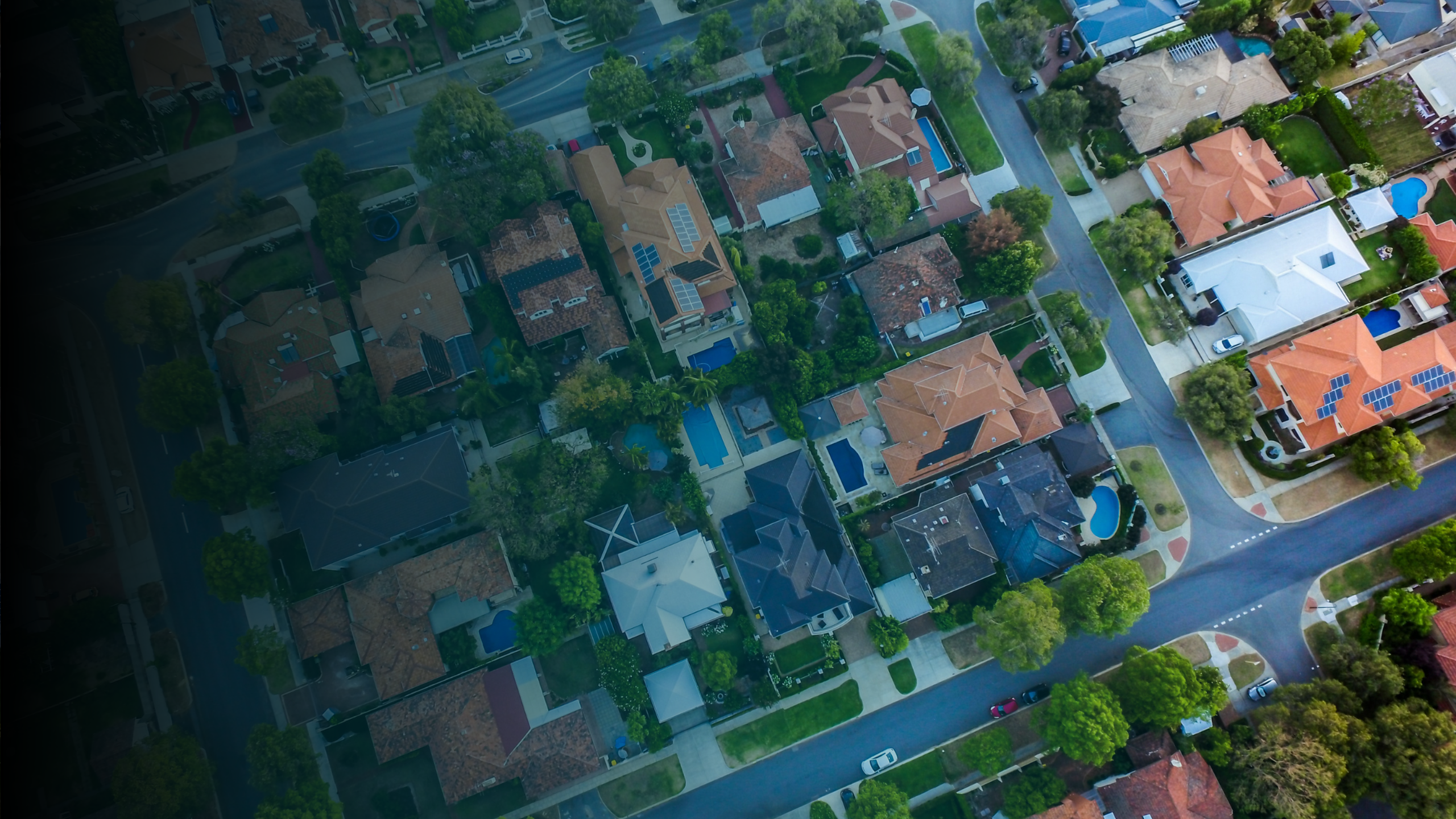
23 March 2023
Stories
| Community Housing
"It’s the people with the least who are impacted the most."
Why housing affordability lies at the heart of the cost of living crisis.
Rising costs of living and a severe lack of affordable housing are pushing more and more Australians to the brink of homelessness. Here’s how community housing providers like BaptistCare are trying to be part of the solution.
The last few years have seen seismic shifts in national living costs, and for the estimated 3.3 million Australians living below the poverty line, the threat of homelessness is becoming an everyday reality.
Organisations like BaptistCare are supporting people through the crisis, delivering community housing, as well as offering low-cost groceries, and financial support like No Interest Loans.
But we need help to meet the growing need for more social and affordable housing. That’s why we’re lending our voice to the call-out for heavier investment by all levels of Government into community housing, including sustainable legislation that will see more families permanently housed.
Our blog delves into the origins of the current crisis, investigates the housing deficit and its impact on everyday Australians, and explores the potential solutions currently on the table.
Jump to:
What is the cost-of-living crisis?
A perfect storm of events over recent years, such as global conflicts in Ukraine, supply chain issues relating to the pandemic, and national climate disasters like flooding, have all contributed to a significant hike in everyday living costs.
This means that necessities like food, fuel, medications, and rent are swiftly increasing in price, all while the average income stays more or less the same. What does this equate to? Quite simply, our money is worth significantly less than it was this same time two or three years ago.
"It’s the people with the least who are impacted the most..."
‘It really is a whole-of-living crisis,’ says Phil Eastbury, Strategy & Research Lead for BaptistCare Community Services & Housing. ‘And as usual, it’s the people with the least who are impacted the most.’
Those on low incomes who may have struggled financially before the crisis are now facing dire situations. And it’s not just those from low socio-economic backgrounds who are affected; almost half of all Australians are needing to take drastic action to make ends meet.

The reality of high inflation
The Reserve Bank of Australia’s ideal inflation rate is somewhere between 2 and 3 percent, per year. But over the 12 months to the December 2022 quarter, general inflation was over double that, sitting at 7.8 percent - the highest level since 1990 (ABS, 2023).
The most significant hikes were within the food and non-alcoholic drinks category, which rose by more than 9 percent, and housing, which rose by almost 11 percent.
"We’re seeing more and more people on mid-level incomes accessing low-cost groceries (…) Even Aldi is becoming out of reach."
This means that a month’s worth of groceries worth $800 in December 2021 would cost approximately $872 in December 2022.
Apply the same rule of thumb to all the monthly necessities, and the difference swiftly adds up – particularly for low-income households who are living from paycheck to paycheck.
"We’re seeing more and more people on mid-level incomes accessing BaptistCare HopeStreet’s low-cost groceries stores," says Phil. "Previously, this service was accessed predominantly by social housing tenants, but the rising cost of living is putting pressure on more people within the community. Even Aldi is becoming out of reach."
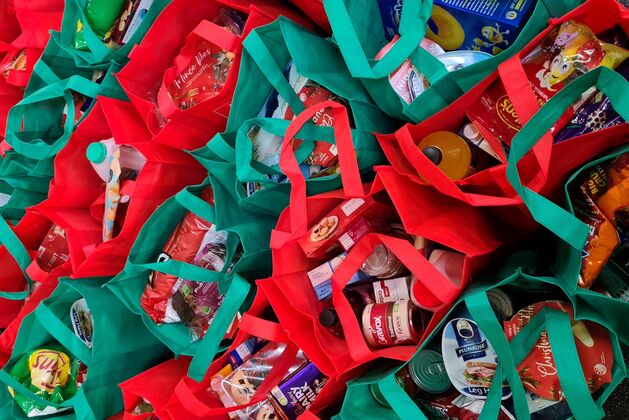
Who is affected?
A nationally representative study in late 2022 revealed that almost one in two Australians (48 percent) are taking drastic action to deal with expensive living costs, including downsizing or moving to a more affordable area, renting out a spare room, moving back in with parents, or more concerningly, borrowing or gambling to pay the bills.
And it’s not just about the affordability factor of the rental market, it’s accessibility too. Many of us are now familiar with the sight of a snaking queue outside an open home, with most applications losing out, time and time again, to the highest bidder.
"By 2041, almost one million Australian households could be experiencing housing stress or homelessness."
In 2022, almost 100,000 Australians suffered financial stress severe enough to prompt a reach out to specialist homeless support services.
This was a nine percent increase on the previous year, and, according to Homelessness Australia, this figure is only predicted to grow. By 2041, almost one million Australian households could be experiencing housing stress or homelessness.
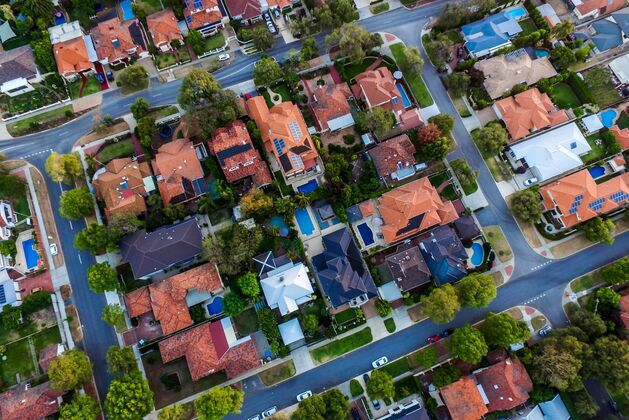
The benefits of community housing
Community housing, an umbrella term which incorporates both ‘affordable’ and ‘social’ housing, offers a lifeline to those who are struggling financially. It prevents people from being priced out of their local area, offering permanent accommodation at an affordable rate.
Defining terms: Affordable Housing versus Social Housing
Affordable housing supports people on low to moderate incomes, who are unable to keep up with sharply rising rental costs. The rates are fixed so that tenants never pay more than 30 percent of their income on rent.
Affordable housing can be privately or publicly owned and may be managed by the government, the private sector, or a community housing provider, such as BaptistCare HopeStreet.
‘It’s a leg up for those who have the benefit of time ahead of them,’ says Phil. ‘The capacity to earn more money in the future and get back into the private housing market.’
Social housing, on the other hand, supports those experiencing more significant disadvantage, including those who are often on the brink of homelessness.
Many tenants in social housing have a reduced capacity to earn a fixed income, such as seniors without assets, or people living with a disability that prevents them from being able to work.
Rental prices are subsidised heavily by the government, with many social housing properties managed by not-for-profit providers like BaptistCare.
The demand for community housing has, unsurprisingly, risen sharply over recent years and the need among very low and low-income households in particular, is great.
The problem is supply, and some families are waiting more than ten years for an affordable place to call home.
What’s the long-term solution?
The immediate need is for more community housing stock, particularly in Australia’s major cities.
But we also want to help build strong and resilient communities, which can thrive despite the current crisis. We see three ways of doing this:
1. Advocacy
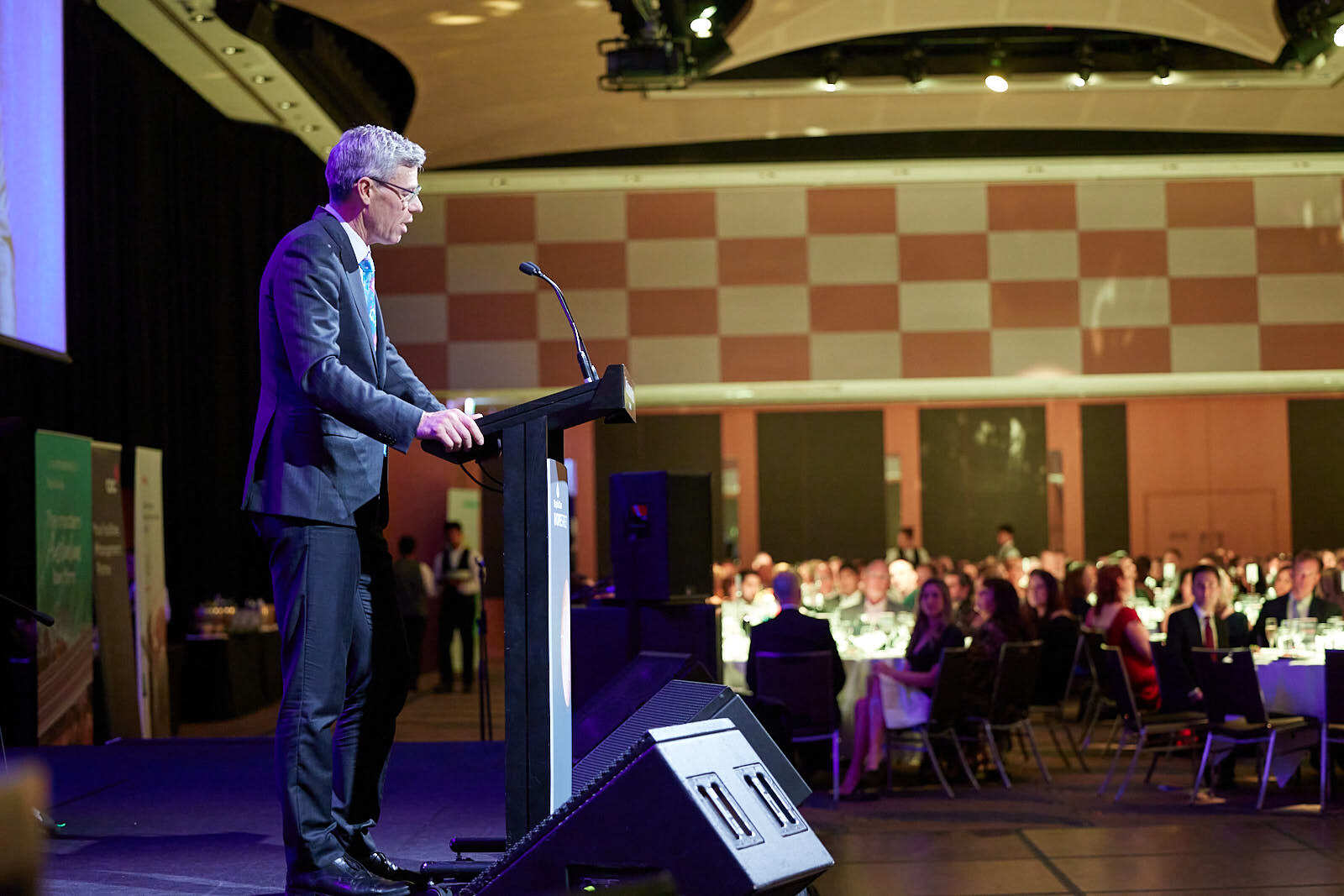
Not-for-profit housing providers like BaptistCare, along with private housing developers and peak bodies are advocating loudly for critical solutions that will ease the crisis.
This includes calling on the Government to mandate at least 30 percent of social and affordable housing within all new housing developments, bringing the country in line with many other first-world nations.
We’re also calling for a sustainable financial model for housing providers, one that will allow organisations like BaptistCare to continue transforming lives well into the future.
BaptistCare works collaboratively with the Community Housing Industry Association NSW, supporting high-profile campaigns which seek community support to drive meaningful change. These include:
- The Everybody’s Home campaign
- The Not Just A Roof movement
2. Expanding our community housing footprint
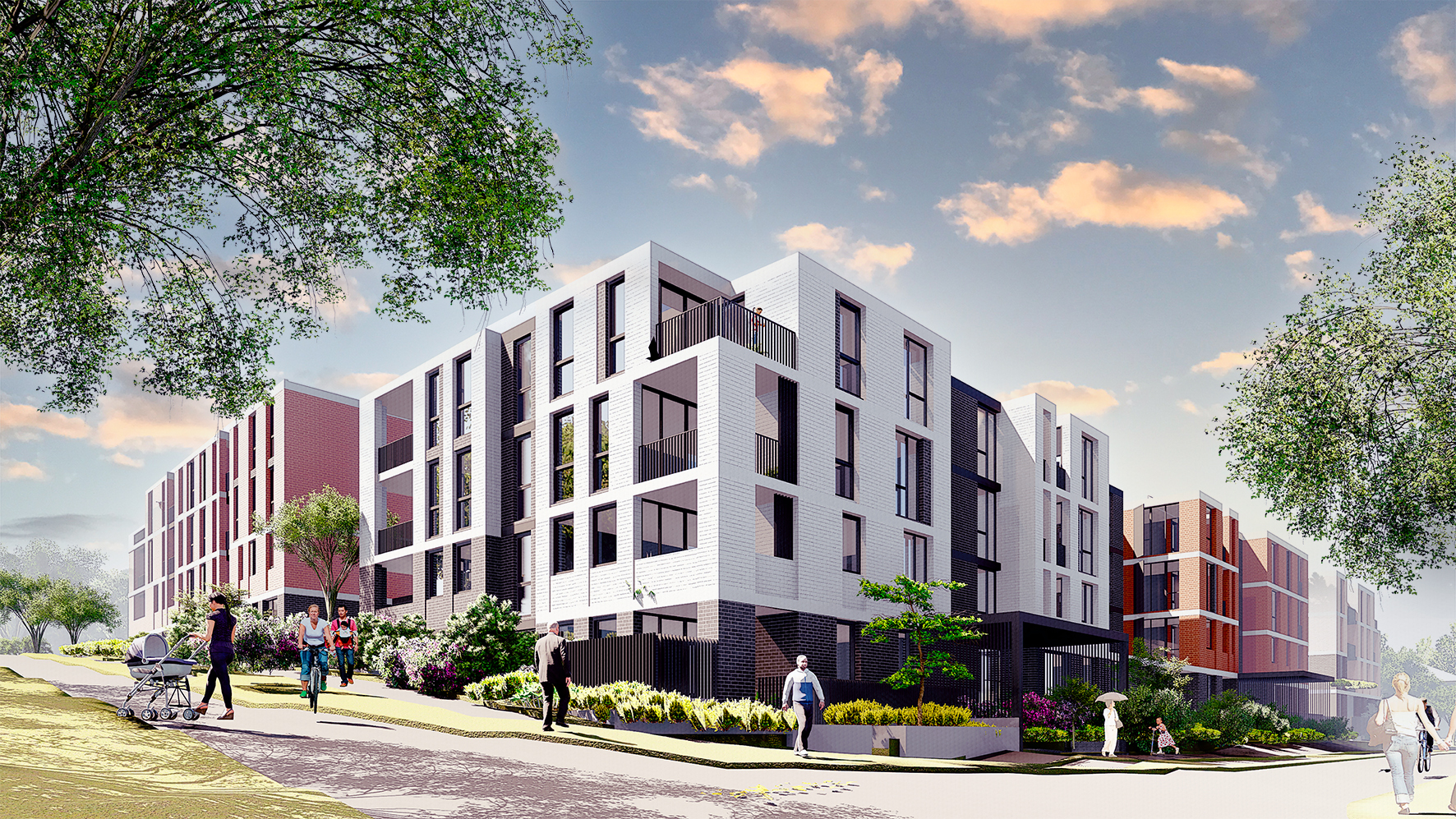
As a registered community housing provider, BaptistCare is seeking to expand its community housing into more locations, to meet the growing demand.
This currently spans 13 locations and incorporates 650 dwellings across New South Wales, including our latest development in Carlingford, Sydney. Gimbawali Place will provide 162 affordable homes for people over the age of 55, and single-parents who are all active in the workforce and on low to moderate incomes.
But without further support from Government, significant policy changes, and other key stakeholders to develop and construct housing, we remain at full capacity, and our wait lists keep growing.
3. Providing community housing tenants with holistic, wrap-around support
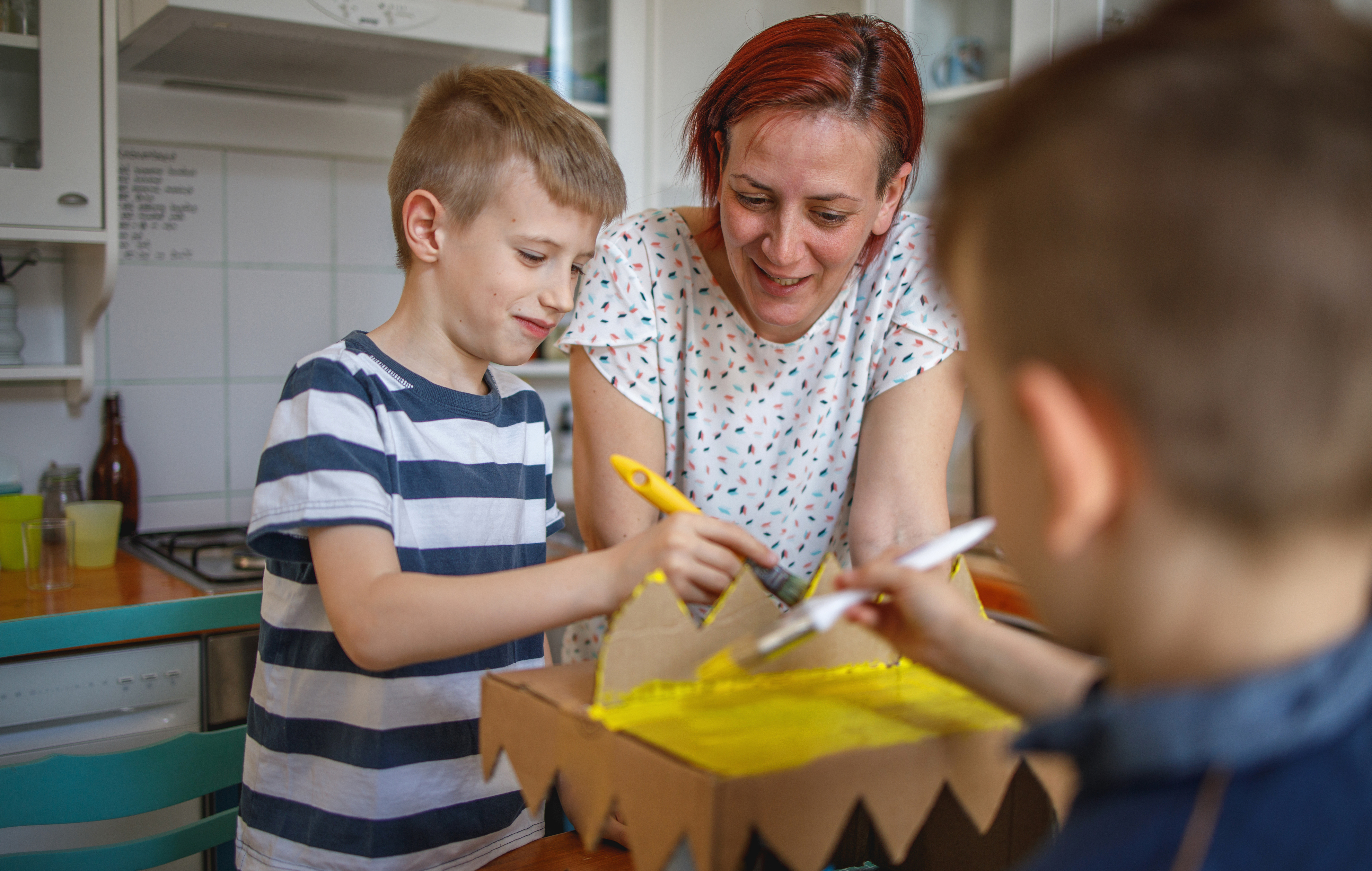
As part of our vision to build stronger communities and see everyone living well – and especially through the cost-of-living crisis – our tenants are supported the moment they enter our affordable and social housing.
We provide them with wrap-around support via our tailored support coordinators, which includes help with gaining employment, connection to local community groups, and access to affordable groceries and other necessities.
More than anything, our housing provides more than just a roof – it is safe, secure, and supportive accommodation.
"We have many families on the waitlist for our housing," says Phil. "But we do our best to help people in whatever way we can."
Further support
If you want to learn more about BaptistCare’s work in this space, or wish to access our support services, please contact us via the enquiry form below.
You can also drop into any of our HopeStreet centres for local face-to-face support with a personal case worker. Our HopeStreet staff can support with:
- Homelessness services including a free, wholesome meal and crisis food packages
- Advice on accessing social and affordable housing
- Connecting you with local agencies and support groups
- Connecting you with local crisis accommodation
Other helpful resources
- Lifeline on 13 11 14 and at lifeline.org.au
- 1800 RESPECT - National Domestic Family and Sexual Violence Counselling Service on 1800 737 732 and at 1800respect.org.au
- National Debt Helpline on 1800 007 007
- FACS housing support - Housing and homelessness | Family & Community Services (nsw.gov.au)
- OneLink support services in ACT on 1800 176 468 or at onelink.org.au
- Aboriginal and Torres Strait Islander peoples can call the free Mob Strong Debt Helpline on 1800 808 488. The helpline is open Monday to Friday, 9:30am to 4:30pm
Make an Enquiry
If you'd like to learn more about our services, please leave us an enquiry below and one of our friendly team will be in touch.